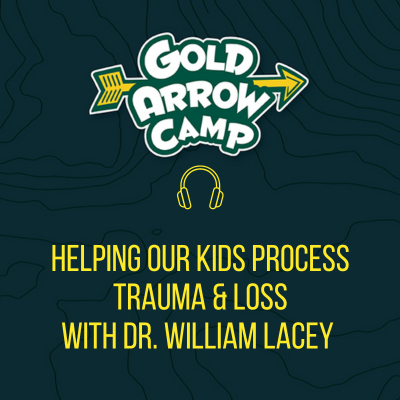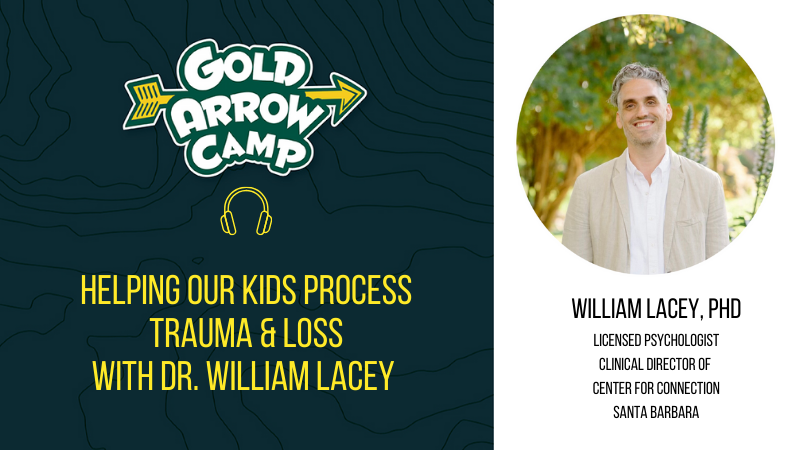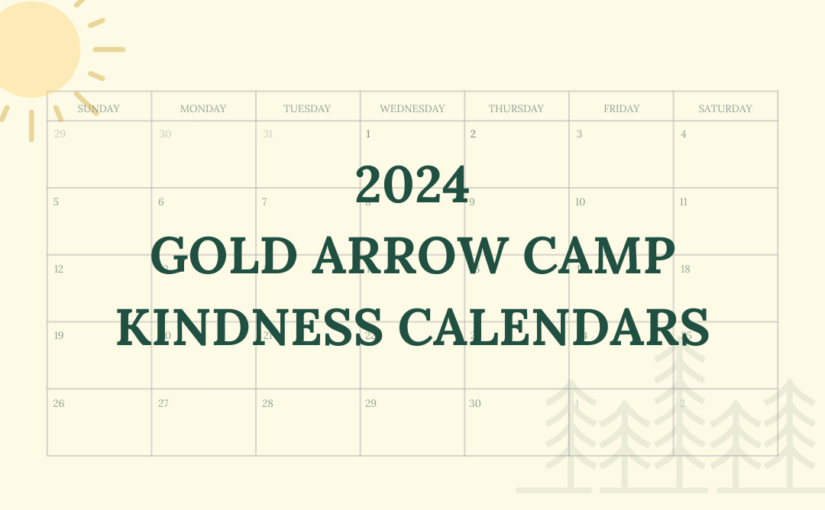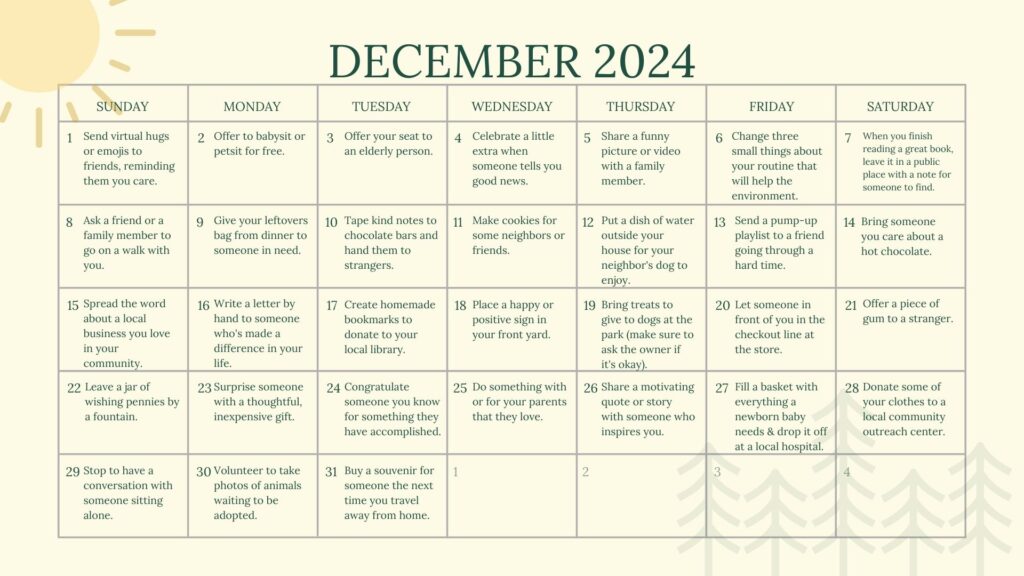
2025 Theme: Try Something New
While we always want our campers to Have Fun, Make Friends, and Grow at camp, we also put a focus on one specific character trait or skill each summer by having a Summer Theme. Over the years, we’ve covered a variety of themes. In 2012, we focused on gratitude. In subsequent summers our themes have been: Cool 2B Kind, Creating Connections, Give a Hand, Growing Grit, The Energy Bus, Find-a-Friend, Filling Buckets, Be You, Better Together, Choosing Kindness, Count on Me, and Building Empathy, which was our 2024 theme. We chose this year’s summer theme, Try Something New, because we want our 2025 campers to challenge themselves to get outside their comfort zones and try new activities and experiences while at camp. For our first-time campers, coming to camp is a great example of Trying Something New! At GAC this summer, we’ll practice setting goals and taking safe risks by trying new things. And we’ll encourage and cheer each other on while doing so. We want all of our campers to build confidence in their abilities and to understand that it’s normal to feel some discomfort when trying new things. Our “Try Something New” theme builds on the work we’ve done with campers over the past few ... Read more






